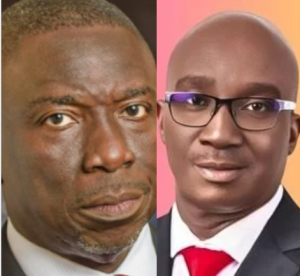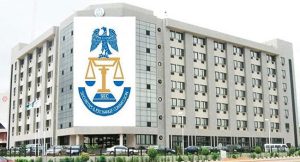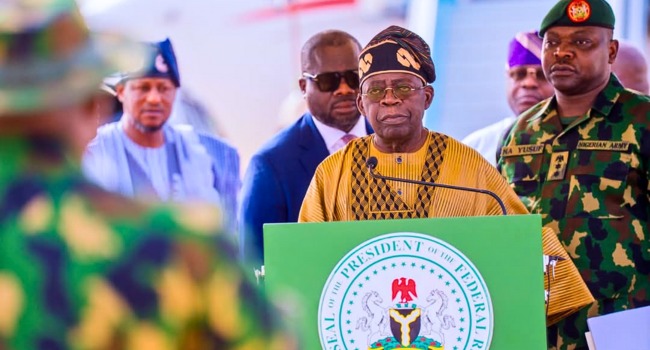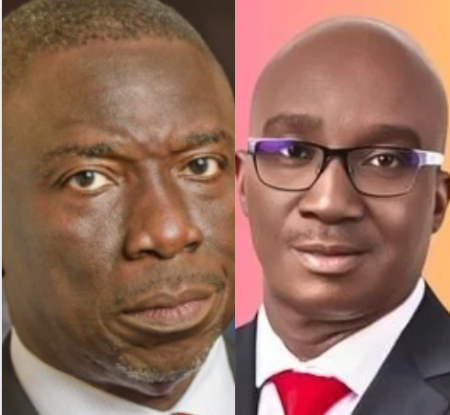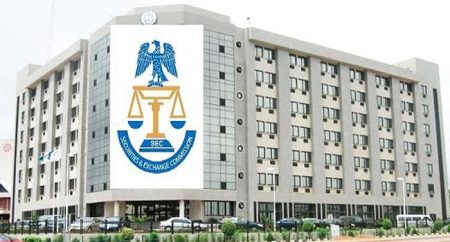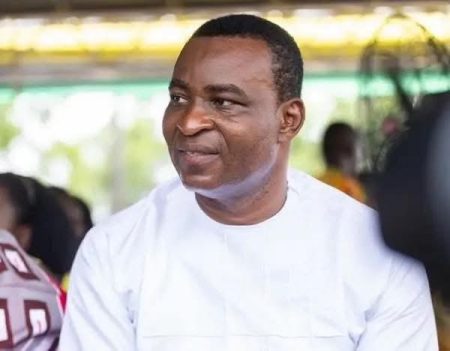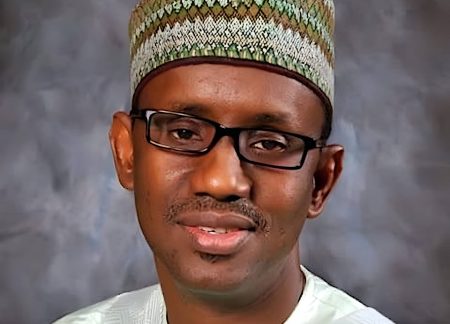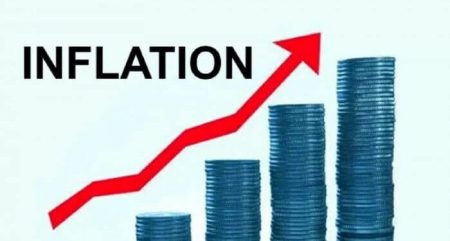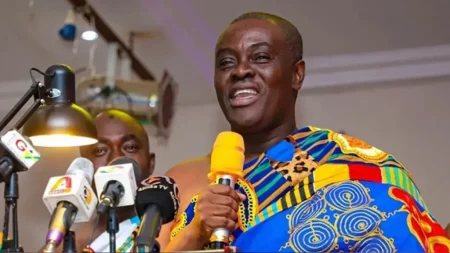President Bola Ahmed Tinubu’s second-year anniversary address to the nation struck a tone of resilience and determination, reflecting the complex and challenging circumstances that have marked his first two years in office. He acknowledged the hardship faced by Nigerians due to the removal of fuel subsidies and the unification of the exchange rate, emphasizing that these difficult decisions were necessary to steer the nation towards a path of sustainable economic growth and development. He argued that the previous system of subsidies was unsustainable and benefited a select few, while diverting crucial resources away from essential investments in infrastructure, education, and healthcare. The President highlighted the imperative to break free from the cycle of dependence on unsustainable practices and build a robust economy that serves all Nigerians. He called for shared sacrifice and understanding, urging citizens to recognize the long-term benefits of the reforms amidst the short-term difficulties.
The President outlined a series of ongoing and planned interventions aimed at mitigating the impact of the economic reforms on vulnerable populations. These measures included the provision of palliatives, investment in transportation infrastructure to ease logistical challenges, and the bolstering of agricultural production to ensure food security. He emphasized the government’s commitment to creating an enabling environment for businesses to thrive, fostering job creation and stimulating economic activity. He spoke about initiatives designed to attract foreign investment, promote local content, and diversify the economy away from over-reliance on oil. The President stressed the importance of transparency and accountability in governance, assuring Nigerians that his administration remains committed to prudent management of public resources and fighting corruption.
A significant portion of the address focused on security, a critical concern for the nation. The President reiterated his administration’s commitment to tackling insecurity across the country. He highlighted efforts to strengthen the armed forces, equip them with modern weaponry and technology, and improve their operational capabilities. He underscored the importance of collaboration between security agencies and local communities in intelligence gathering and combating crime. The President acknowledged the challenges posed by various security threats, including banditry, terrorism, and ethnic tensions, and emphasized the need for a multi-faceted approach involving security measures, social interventions, and dialogue to address the root causes of conflict. He called for national unity and urged Nigerians to work together to overcome these challenges and build a peaceful and secure nation.
The President also addressed the crucial role of education and human capital development in achieving national progress. He emphasized the need for investments in quality education at all levels, from primary to tertiary, and the importance of equipping young Nigerians with the skills and knowledge necessary to thrive in the 21st-century economy. He spoke about initiatives to improve the quality of teaching, upgrade educational infrastructure, and promote access to education for all children, regardless of their background. The President also highlighted the importance of vocational training and skills development programs to empower youths and address the challenge of unemployment. He underscored the link between education and economic growth, asserting that investing in education is investing in the future of the nation.
Furthermore, the President acknowledged the challenges in the energy sector and outlined his administration’s commitment to reforming the power sector to ensure stable and reliable electricity supply. He discussed efforts to improve power generation, transmission, and distribution, and emphasized the importance of attracting private sector investment in the sector. He highlighted the government’s focus on renewable energy sources as part of a broader strategy to diversify the energy mix and address climate change. The President stressed the importance of stable electricity supply for economic development, job creation, and improving the quality of life for Nigerians. He reaffirmed his administration’s commitment to addressing the challenges in the power sector and ensuring access to affordable and reliable electricity for all.
In concluding his address, President Tinubu reiterated his commitment to serving the Nigerian people and building a nation where peace, prosperity, and justice reign. He acknowledged the sacrifices made by Nigerians during this period of economic transition and expressed his gratitude for their resilience and understanding. He reaffirmed his belief in the potential of Nigeria to overcome its current challenges and emerge stronger and more united. The President called on all Nigerians to join hands in building a nation where opportunities abound for all and where the dreams of a better future can be realized. He emphasized that the journey towards a prosperous and developed Nigeria requires collective effort, dedication, and a shared vision for a greater nation. He ended by expressing optimism for the future and reiterating his commitment to working tirelessly to deliver on the promises he made to the Nigerian people.


